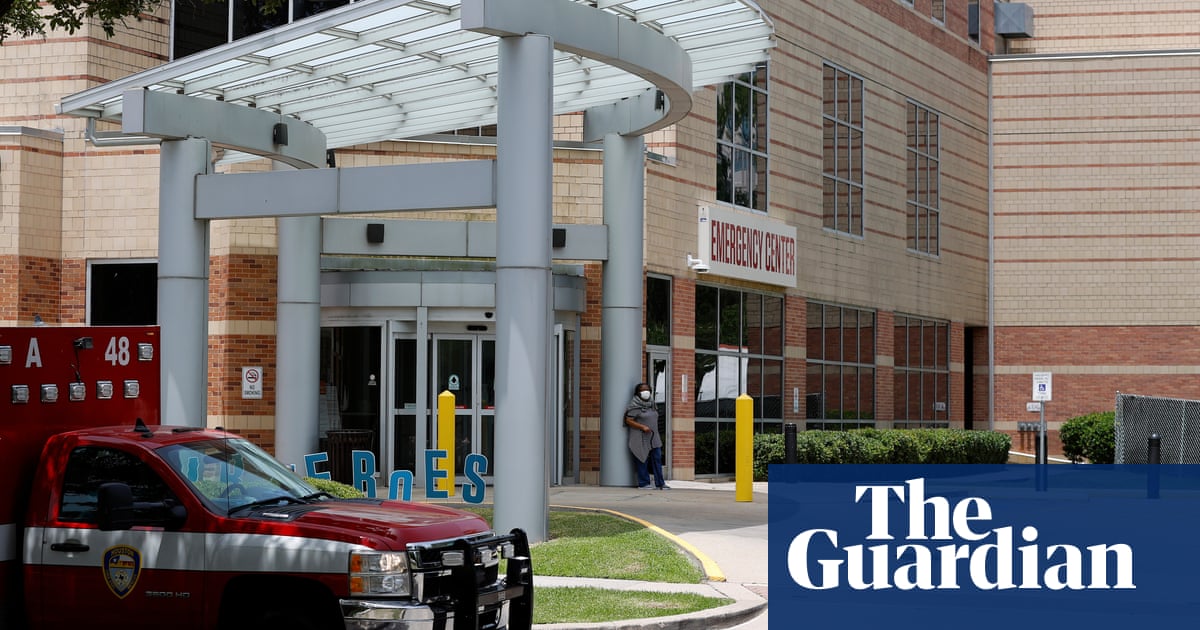
n the days after the arrival of Covid-19 in the UK, I watched in horror as government policy failed to mobilise the public and enact drastic social distancing measures comparable to those widely used in other countries. I tried to write but found myself unable to express something that might be of use. As a poet, I could not muster the right words. On 13 March, I realised that a prose poem of mine titled “Safe Space II” from my debut collection Flèche was being shared widely on Twitter. It begins:
Wash your hands. Rub soap into foam into lost hands. Focus on the running tap, the way your hands momentarily disappear and you feel safe again. The bathroom is a place you can always rely on, in whatever country […]
I realised – for the first time – that this was a Sars poem, which had not occurred to me when I wrote it in 2017. I was 12 years old when the Sars epidemic hit Hong Kong, my home city, in 2003. School meant mandatory “medical kits” that our teachers inspected every day at the start of class: two face masks, a bottle of hand sanitiser, a packet of travel tissues.
I knew Sars was serious because of how my father, a rheumatologist, reacted to the news early on during the crisis. I remember him leaving for work in an N95 mask and returning home with the outline of the mask imprinted on his cheek, as my mother quickly stripped his suit off at the door for cleaning. One day, my father came home uncharacteristically quiet. He told us that a friend and colleague who had been working on the frontline in a local hospital had lost his life to Sars. In the weeks after, I developed a habit of feverishly washing my hands.
As an only child, I turned to books for some sorely needed comfort. Soon after, I declared to my parents that I wanted to be a writer. My father replied: “As a doctor, you can cure one person at a time; as a writer, you can heal a whole society.” As we mark World Poetry Day this year, I can’t help but recall this conversation and wonder whether poetry can offer some unique form of solace as we attempt to weather the current storm together, yet apart.
Something about the specificity of poetry allows it to crystalise experience, as if one were pausing time. The brevity of a poem and its precision help us tune out the world and its excesses, so we might return, if only momentarily, to ourselves. As more and more people practise social distancing, what we don’t do becomes just as important as what we accomplish, the way the silences and empty spaces in a poem are crucial to allowing the words that appear on the page to reverberate and sing. Today, I turn to my favorite poet, Adrienne Rich, a queer, feminist American writer and essayist whose oeuvre addressed the intertwined political, socio-economic and cultural crises faced by the US from the 1950s until 2012, the year she died. I open The Fact of a Doorframe: Selected Poems 1950–2001 (2002) and turn at random to page 244, and my gaze falls on these words: “One citizen like and unlike so many, touched and untouched in passing / – each of us now a driven grain, a nucleus, a city in crisis / some busy constructing enclosures, bunkers, to escape the common fate” (XI from An Atlas of the Difficult World).
In the next poem, “XIII Dedications”, Rich writes: “I know you are reading this poem listening for something, torn / between bitterness and hope /turning back once again to the task you cannot refuse.”
The task we cannot refuse is the common fate of living through a pandemic that knows no borders, nor discriminates based on race, colour or creed. Recent reports about racism towards East Asians (Chinese people in particular) have made me reflect on my own experiences of microaggressions: the elderly white man who shoved past me on the London tube during rush hour; a middle-aged white woman on a train to Oxford who merely grunted at me and expected me to move so she could sit, until I informed her that I spoke English, and she blushed but did not apologise; the time I got handed someone’s bill by a young white couple who had just finished their meal.
As someone who identifies as queer, these experiences are often compounded by subtle homophobia/transphobia, as I carefully avoid stares in women’s bathrooms, or awkwardly answer the question asked by those repeatedly checking the sign on the toilet entrance: “Yes, this is the women’s bathroom”. It is unsurprising, then, that Chinatowns across cities in the UK faced boycotts much sooner than Italian restaurants, even though Covid-19 had ravaged both Chinese and Italian cities alike. I am reminded of Rich’s essay “Women and Honor: Some Notes on Lying”, in which she writes: “The possibilities that exist between two people, or among a group of people, are a kind of alchemy. […] The liar is someone who keeps losing sight of these possibilities.” Now more than ever, I turn to poetry for its propensity towards truth, its tensile strength, and its insistence that language can, and must be, the bridge that connects us all during these difficult times.












